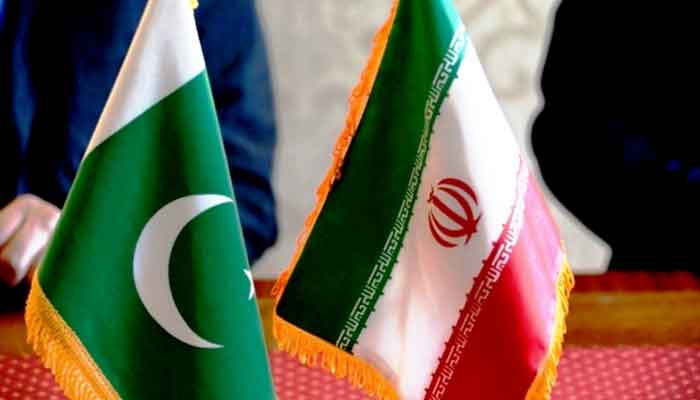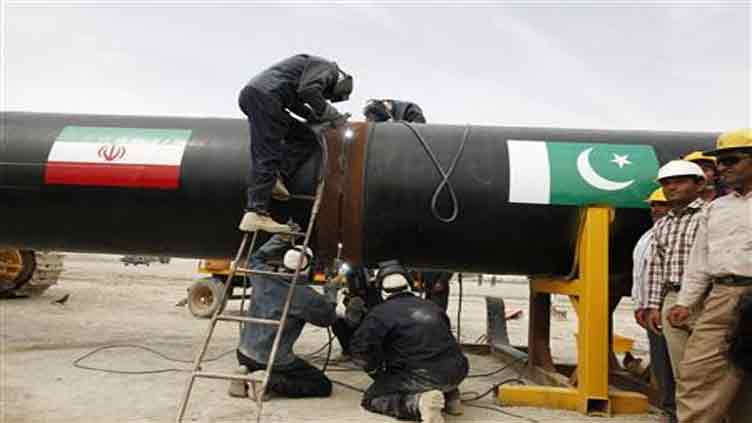ISLAMABAD: Pakistan has issued a notice of ‘Force Majeure and Excusing Event’ to Iran, suspending its contractual obligation to complete the multi-billion-dollar Iran-Pakistan (IP) gas pipeline project due to external factors outside Islamabad’s control.
In simple terms, Pakistan has expressed its inability to continue with the project as long as US sanctions on Iran remain in place, or if Washington gives tacit approval for Islamabad to proceed. The project has been in cold storage for nearly a decade, despite the country facing acute energy shortages for its 240 million population.
Minister of State for Petroleum, Dr. Musadik Malik, provided written testimony to the National Assembly, stating that Pakistan’s obligations under the Gas Sales and Purchase Agreement (GSPA) have been suspended due to the Force Majeure and Excusing Event notice issued to Iran.
The minister also acknowledged that Iran has disputed the validity of the Force Majeure notice. He clarified that the project activities will commence once sanctions on Iran are lifted, and there is no threat of State-Owned Entities (SOEs) being impacted by sanctions. Consequently, the exact amount of penalty, if any, would be subject to the outcome of international arbitration should Iran take the matter to arbitration.
Iranian Foreign Minister Hossein Amir Abdollahian recently stressed the importance of completing the project during his visit to Islamabad.
However, the completion remains uncertain due to international sanctions on Iran, which have stalled the project.

Pakistan has been engaging with US authorities through diplomatic channels to seek an exemption for the project, but no response has been received yet. The pipeline was intended to supply 750 million cubic feet per day (MMCFD) of gas, but it faced opposition from the US authorities when the framework agreements and GSPA were signed in 2009 and 2010, respectively.
Minister Malik also highlighted the depletion of indigenous gas supplies in Pakistan and the increasing demand for gas, resulting in a widening demand-supply gap. Currently, domestic customers receive uninterrupted natural gas during peak cooking hours, with both indigenous gas and imported RLNG being supplied to various regions.


